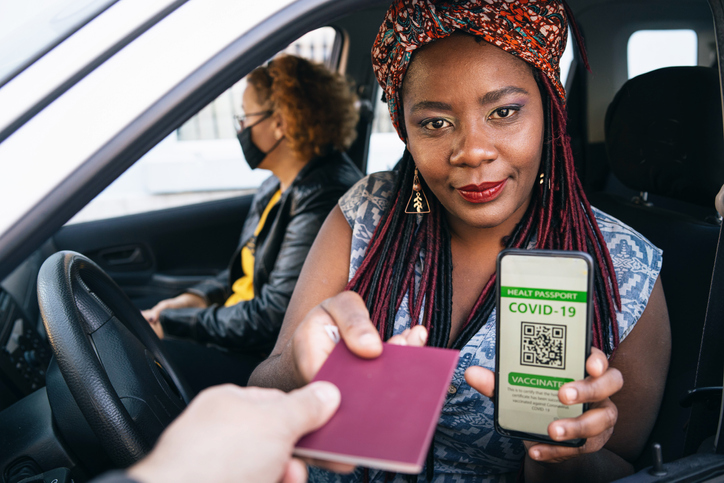We have been in this pandemic for over 20 months since the World Health Organization announced COVID-19 as a global health emergency and pandemic. It’s estimated that 2020 alone wiped US$4.5 trillion from the global tourism economy and cost millions of people their jobs. In African nations, half of all the people working in tourism lost their jobs.
Africa’s travel and tourism sector employed more than 24 million people in 2019, according to the World Travel and Tourism Council (WTTC).
But COVID-19 has created an unprecedented crisis for the tourism industry in Africa and around the world, crushing the supporting food, service, and manufacturing sectors that depend on tourism for employment and incomes.
Over the past 20 years, tourism has become vital to African nations. In 2019, the industry accounted for about seven percent of Africa’s GDP and contributed $169 billion to its economy—about the size of Côté d’Ivoire’s and Kenya’s combined GDP.
The crisis has also exposed Africa’s dependence on foreign travelers. This is especially true for countries in Eastern and Southern Africa, which have developed significant leisure and safari-oriented facilities that appeal to European, American, Asian, and other visitors. The impact of job loss in these countries are particularly notable because most African nations have not had the same economic safety nets and relief packages as those in wealthier parts of the world, such as Western Europe or Australia.
In South Africa, lockdowns have caused a 96% drop in tourist visits to national parks under SANParks management. This equated to about 90% of tourism revenue, showcasing the fragility and risk of an industry that is reliant on a single primary income stream. This also caused anxiety about health and job security among park staff. With the travel ban impacting South Africans the most, this country is suffering under the weight of the pandemic in a myriad of ways.
Today, while 47% of the global population is fully vaccinated, only 7% of Africans are immunized. This is mainly caused by the inequitable distribution of vaccines from the start. People in high-income countries, where governments could afford to secure many millions of vaccine doses, began getting vaccinated towards the end of 2020. The majority of 2021 vaccine doses did not reach much of Africa.
Currently, African nations suffer from the highest rates of vaccine inequality anywhere in the world. Addressing this inequity is not only a global ethical issue but will allow for a relaxing of travel restrictions linked to the spread of coronavirus. Without it, global herd immunity remains out of reach, and so does the recovery in tourism that Africa desperately needs.
